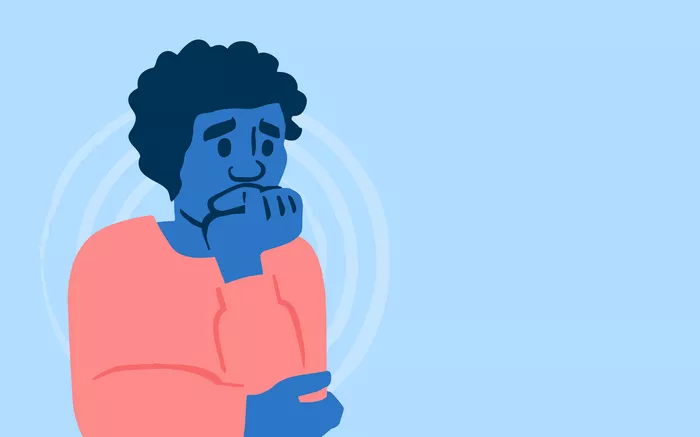FAQs
Is eating less a symptom of depression?
Eating less can indeed be a symptom of depression. Changes in appetite, including decreased appetite or weight loss, are common in depressive disorders. This can result from various factors, such as alterations in brain chemistry, mood disturbances, or loss of interest in activities, including eating.
Why do depressed people eat so little?
Depressed individuals may eat less due to a combination of physiological and psychological factors. Depression can affect appetite-regulating hormones and neurotransmitters, leading to decreased hunger or interest in food. Additionally, feelings of sadness, guilt, or low self-esteem can diminish the pleasure associated with eating, further reducing food intake.
Why do I not enjoy my food anymore?
Loss of enjoyment in food can stem from various factors, including depression. Depression can alter brain chemistry, affecting the brain’s reward system and diminishing pleasure responses to food. Additionally, changes in appetite or taste perception may occur, making food less appealing. Consulting a healthcare professional can help address these concerns and explore potential underlying causes.
Related topics:
- Exploring the World of Psychology: A Comprehensive Guide
- 6 Tips for ADHD Medication For Adults With Bipolar
- Development of OCD in Adults: Causes, Treatments & Coping


